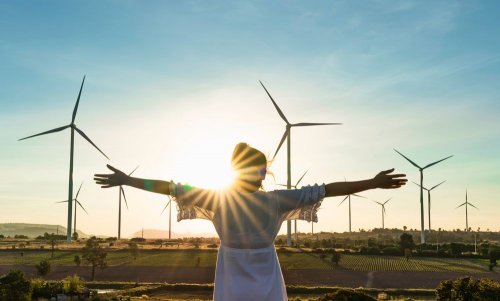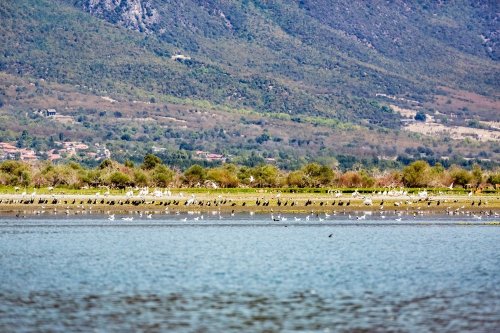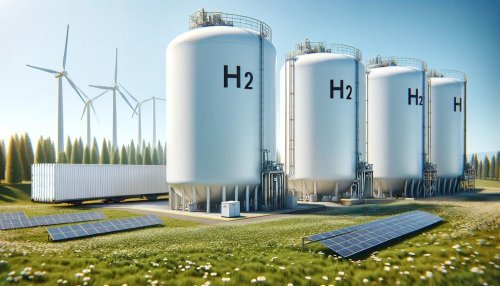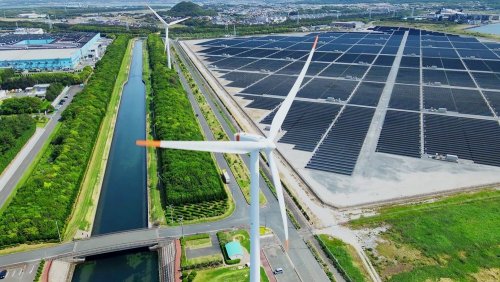Analysts from the international center Green Deal Ukraine have prepared a background paper for the High Level Working Group, which contains six recommendations for successful green recovery in critical sectors of Ukraine's economy.
Each recommendation contains proposals for its implementation, as well as the harmonization of Ukrainian legislation with EU norms, Green Deal Ukraine reports.
It is noted that during the work, analysts consulted with Ukrainian organizations, ministries and independent experts to prioritize policy recommendations.
"The main theme is that Ukraine needs a vision of how environmental restoration policies can solve Ukraine's most pressing challenges. Otherwise, unsustainable investments risk blocking a path that contradicts EU accession – the only reliable path to security and prosperity for the country," the message reads.
Analysts emphasized that the Ukrainian economy needs deep transformation in order to gain access to the single market and become competitive on it. For this, it is necessary to increase the inflow of foreign capital and develop reliable institutions.
For a successful green recovery, they offer:
- Increase competitiveness in European markets. For this, Ukrainian products and processes must meet European quality standards, and the country must introduce prices for industrial emissions of greenhouse gases, which could be compared with prices in the EU. It is also proposed to establish fair electricity tariffs for commercial and residential consumers and improve innovation potential, in particular, in the field of energy technology research.
- Modernize agriculture according to the most modern ecological standards. This requires the safe and effective use of agrochemicals and the expansion of sustainable bioenergy production. In addition, the creation of a larger number of carbon absorbers and a system of carbon credits is envisaged.
- Energy-efficient modernization of buildings. The residential sector is the second largest energy consumer, accounting for 28% of the final energy consumption in Ukraine. For a green recovery, it is proposed to create reasonable standards of energy efficiency and building materials, make modernization of apartments attractive for investment, and decarbonize heat supply. It is also proposed to create external audit mechanisms to check the effectiveness and efficiency of government projects in order to avoid low-quality services or inflated prices.
- Increasing the sustainability of local electric power systems. To attract investments, the reform of distribution system operators and the creation of independent and professional regulation are proposed. Analysts also call for de-risking investments in renewable energy.
- Transition to low-carbon transport. For this, it is advised to give priority to freight rail transport, as well as to electrify freight and passenger transport.
- Ensuring clear and reliable long-term guidance from the government. Improved governance and reduced risks are proposed through increased intra-governmental coherence, coordination and transparency, including through public and government consultation and openness. In addition, in most cases, it is recommended to abandon individual non-disclosure agreements.
"In order to become prosperous, Ukraine must end its entrenched dependence on very low levels of investment and excessive use of natural resources and energy. Attracting the necessary capital requires profound changes," the analysts emphasized.
As EcoPolitic reported earlier, the international working group on the environmental consequences of the war developed and presented the Environmental Compact for Ukraine (Environmental Compact), which is a road map for holding Russia accountable and restoring the environment.





